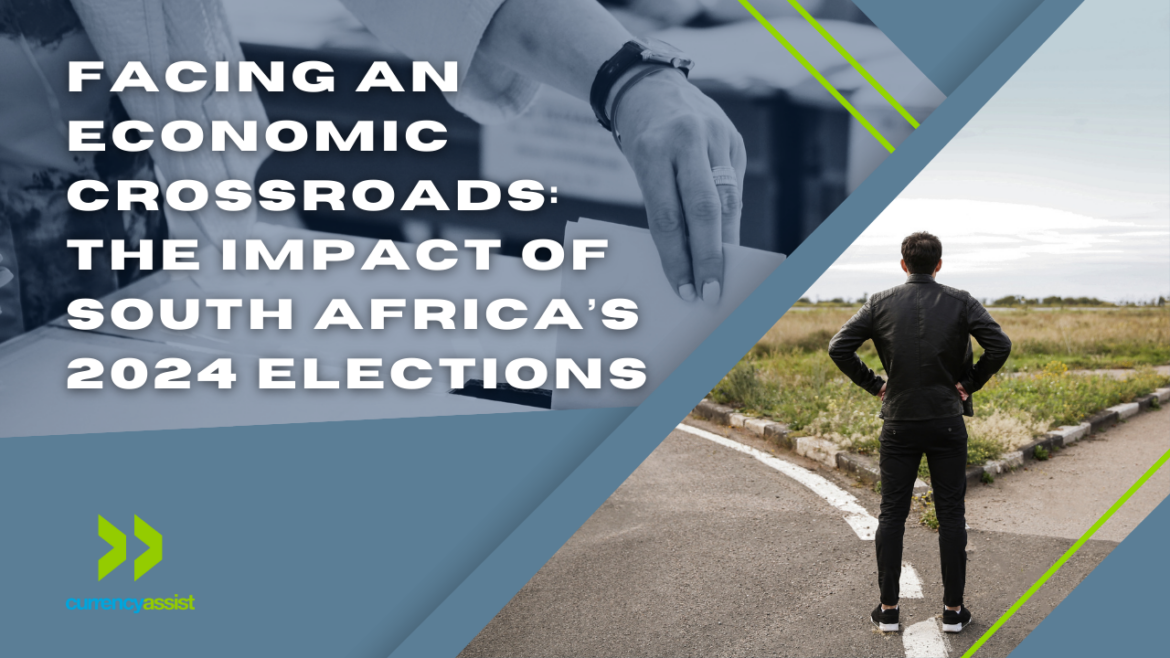As South Africa prepares for its upcoming national elections, the economic landscape stands at a critical juncture. Elections, by their nature, introduce uncertainty, and in the case of South Africa, this uncertainty carries significant weight. With the elections looming, various stakeholders, from businesses to investors, are carefully analysing the potential implications for the nation’s economy.
The Burden of Uncertainty
Elections inherently bring a degree of uncertainty, and this uncertainty can have profound effects on the economy. As politicians adopt populist tones and campaign rhetoric heats up, foreign investors may become hesitant, casting doubt on the attractiveness of investing in South Africa. Reserve Bank Governor Lesetja Kganyago has highlighted this concern, noting that such uncertainties can undermine investor confidence and hinder economic growth.
Disruptions and Challenges
The run-up to elections often brings disruptions that can impact businesses’ operations. Campaign events, rallies, and heightened security measures can lead to logistical challenges, affecting supply chains and production processes. Moreover, the ongoing electricity crisis and logistical bottlenecks at ports and railways compound these challenges, potentially hampering economic growth and exacerbating inflationary pressures.
Policy Shifts and Regulatory Impact
Elections also herald the possibility of policy changes as new leaders or parties come into power. These changes can reverberate throughout the business landscape, affecting regulations, tax policies, and industry-specific legislation. Businesses must remain vigilant, closely monitoring campaign promises and post-election policy directions to adapt their strategies accordingly.
Investment Hesitation
The spectre of elections often breeds hesitation among investors, both domestic and foreign. Uncertainty surrounding the political and economic direction post-election can lead to delays in investment decisions and expansion plans. This reluctance to invest can dampen economic activity, impacting revenue growth and job creation.
Consumer Behaviour and Spending Patterns
Elections can also influence consumer behaviour, prompting shifts in spending patterns. Uncertainty surrounding the outcomes of the elections and broader economic stability may cause consumers to adopt a more cautious approach to spending. This shift can affect various sectors, including retail, entertainment, and hospitality, requiring businesses to adjust their strategies accordingly.
Navigating the Path Ahead
As South Africa navigates the complexities of its electoral process, businesses must remain resilient and adaptable. Strategic planning, proactive risk management, and a focus on operational efficiency will be crucial in mitigating the challenges posed by the elections. Moreover, fostering an environment conducive to investment and economic growth will be essential for sustaining long-term prosperity.
In conclusion, while elections bring inherent risks, they also present opportunities for positive change and growth. By navigating the economic terrain with prudence and foresight, South Africa can emerge stronger, ensuring a brighter future for its economy and its people.

